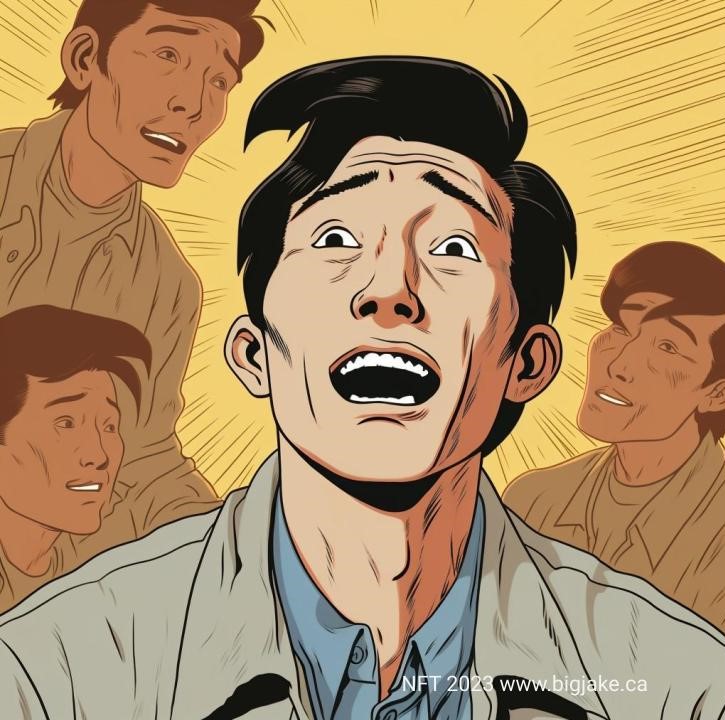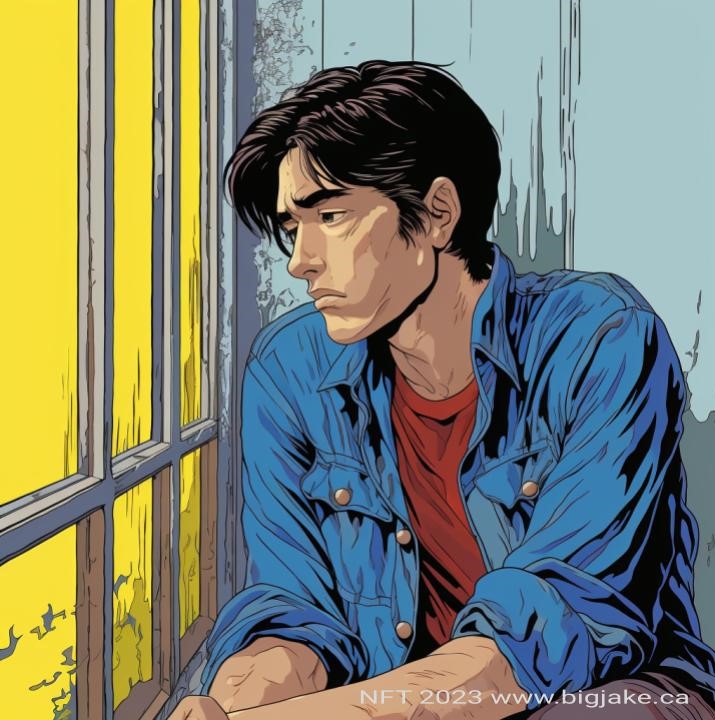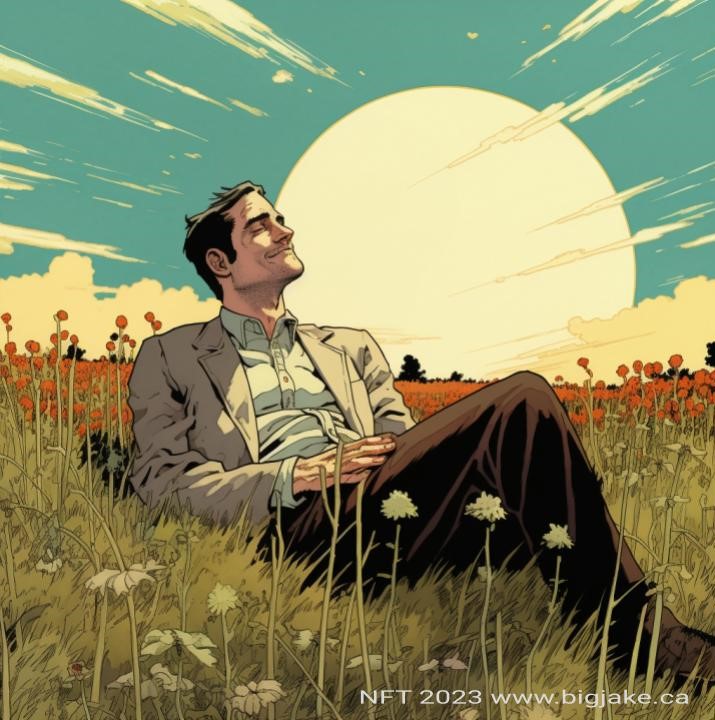Feelings & emotions 1

Regret
Different choices
Related Topics
Disclaimer:
This website is for information only. It represents the unproven opinions / thoughts of various authors or collaborating partners.
This website and its content is not intended to serve as a substitute for professional medical or counselling advice.
PeaceBuilders Network and/ or associate organizations specifically disclaim any and all liability contained in or linked to this website.
A health-care professional should be consulted regarding your specific medical condition.
If you have a medical, mental health or other emergency, then reach out to the local emergency services helpline or hospital.
Copyright:
The contents of this website is subject to licencing and copyright. All rights reserved.
All webpages and all artwork has been minted as NFTs for exclusive use by PeaceBuilders Network and/ or their representatives.
No part of this website or content may be used in any manner whatsoever without the express written permission of PeaceBuilders Network and/ or their representatives, except in the case of brief quotations embodied in articles or reviews.
Updated: November 2023




